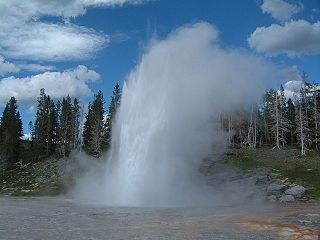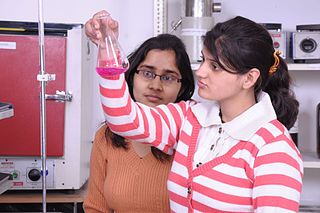A Few Cleantech Business Concepts at UCSB


Sadly, the renewable energy market in the U.S. is riddled with permitting issues and other elements of bureaucracy, and thus geothermal experiences extremely counter-productive boom/bust cycles. Investors, understandably, are terrified of the uncertainty associated with all this, and are reluctant to get involved in an industry whose very underpinnings could change any minute.
Hey, here’s an idea. Why don’t we create a stable energy policy, where everyone knows the plan for the coming years and decades?

John’s current gig is benefiting the world around him in many ways, and I’m sure he’s quite proud of the role of environmental stewardship he’s playing. (more…)

Of course you’ll also need to think about how to promote and sell your product. In today’s climate (in both the business and weather context), it’s also important to think about keeping an eye on the environment and, connected to that, saving money. (more…)
Solar energy is ubiquitous, free, green and easy to use. Many of the primary drawbacks — extreme expense, the need for clear skies and the capacity of the standard battery — have been minimized or solved in the last decade. Today, solar energy is an effective way to power an entire home, if you’re willing to make the investment. Augmenting grid power or cutting yourself off the grid entirely can be rewarding, and it’s very doable.
A Benefit for Society
On a global scale, much can be said for the switch to solar. (more…)


